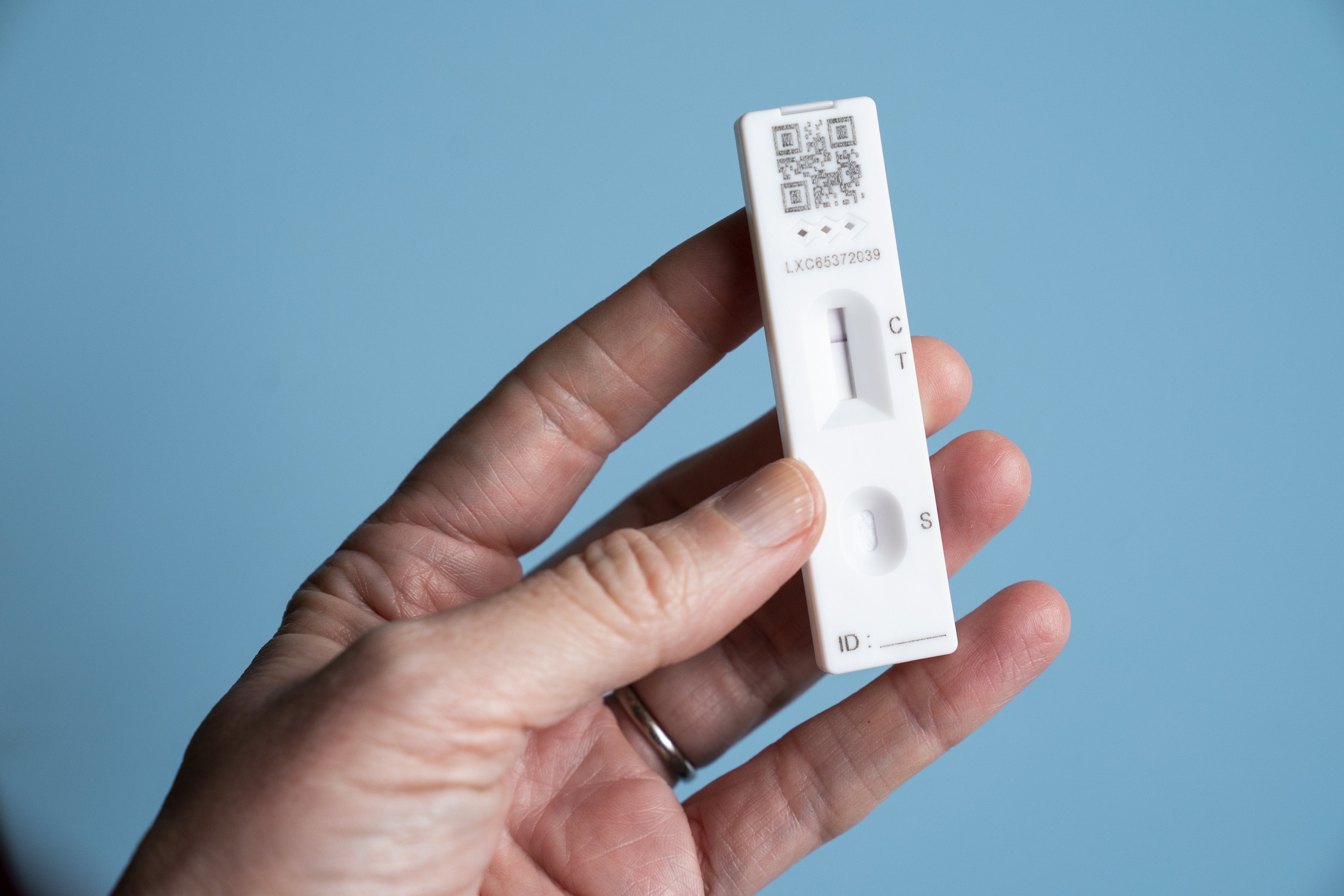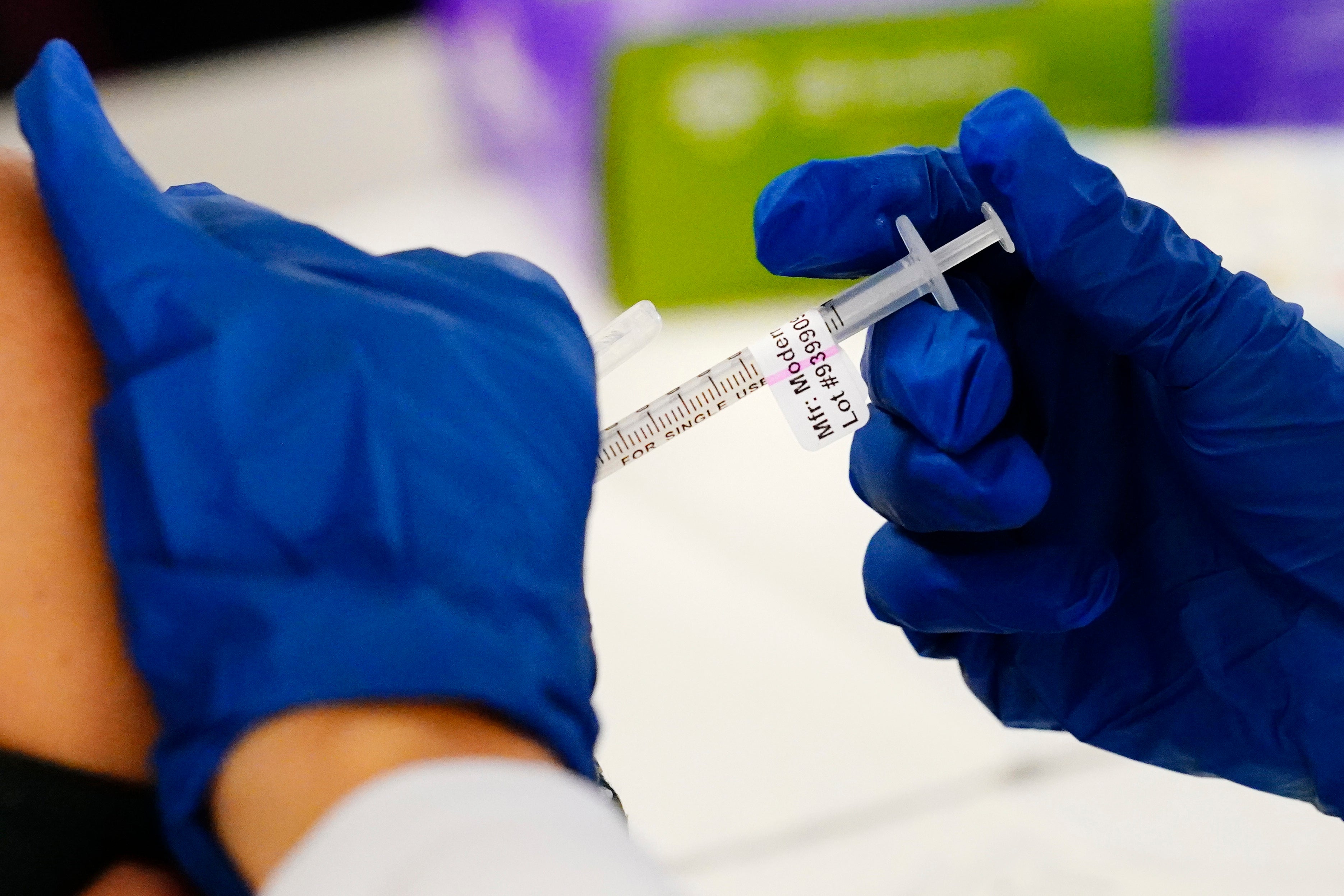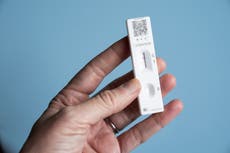Covid responsible for quarter of all UK sickness absence in 2021, figures show
Estimated 149 million working days were lost to illness or injury last year, says Office for National Statistics
Covid-19 accounted for nearly a quarter of all sickness absence in the UK in 2021, with an estimated 149 million working days lost to illness or injury, new figures show.
The proportion of people off sick from their jobs rose to its highest rate for more than a decade, reaching 2.2 per cent of the working population, the Office for National Statistics (ONS) said.
The most common reason for sickness absence throughout 2021 included accidents, poisonings, diabetes and coronavirus.
Covid accounted for 24.0 per cent of all sickness-related absenteeism in 2021, up from 13.9 per cent in 2020, the ONS said.
Women, older workers, those with long-term health conditions, people working part-time and people working in caring, leisure and other service occupations recorded the highest absence rates.
Men lost 1.8 per cent of their working hours in 2021 as a result of sickness or injury, while women lost 2.6 per cent - an increase of 0.3 percentage points from 2020 in both cases.
In 2021, as in previous years, workers living in Wales had the highest sickness absence rate (2.8 per cent), while those in London had the lowest (1.7 per cent).
The report said that could be largely explained by the younger age profile of people and workers living in London and the types of jobs they have.

In total, 149.3 million working days are estimated to have been lost last year because of sickness or injury, equivalent to 4.6 days per worker, according to the ONS research.
Tina McKenzie, from the Federation of Small Businesses, said the average cost of sickness absence, including finding cover, stood at more than £3,000 a year for small employers, equating to £5 billion across the sector.
She said that with operating costs “surging”, small firms “need more financial assistance to go on doing right by their staff when they’re unwell”.
She added: “We’re asking policymakers to take forward our joint proposal with the TUC (Trades Union Congress) for a small business sick pay rebate which will help those who have received no help whatsoever with utility bills.
“Allowing small community businesses to recover sick pay costs will give them that much more space to invest, recruit and retain staff, spurring our economic recovery from the grass roots up.”

The ONS said the sickness absence rate for 2021 was the highest percentage on record since 2010, when it also reached 2.2 per cent, having generally declined in the 2000s and then plateaued throughout the past decade.
The sudden spike in absenteeism was driven by increases of illness and injury seen between October and December of last year, the ONS said.
It record a low absence rate in 2020, with Covid measures such as furloughing, social distancing, shielding and increased home-working helping to reduce other causes of absence.
But the relaxation of coronavirus restrictions in 2021 and less requirement to work from home, may have contributed to an increase in sickness absence in 2021, said the ONS.
Earlier in the year, the Chartered Institute of Personnel and Development (CIPD) found 26 per cent of companies cited coronavirus as a main cause of extended absence, in a survey of 804 organisations representing more than 4.3 million employees.
The CIPD said 46 per cent of those organisations had employees who had experienced long Covid, which is associated with fatigue, brain fog and memory issues, and that more should be done to support workers with the condition.
Join our commenting forum
Join thought-provoking conversations, follow other Independent readers and see their replies
Comments



Bookmark popover
Removed from bookmarks